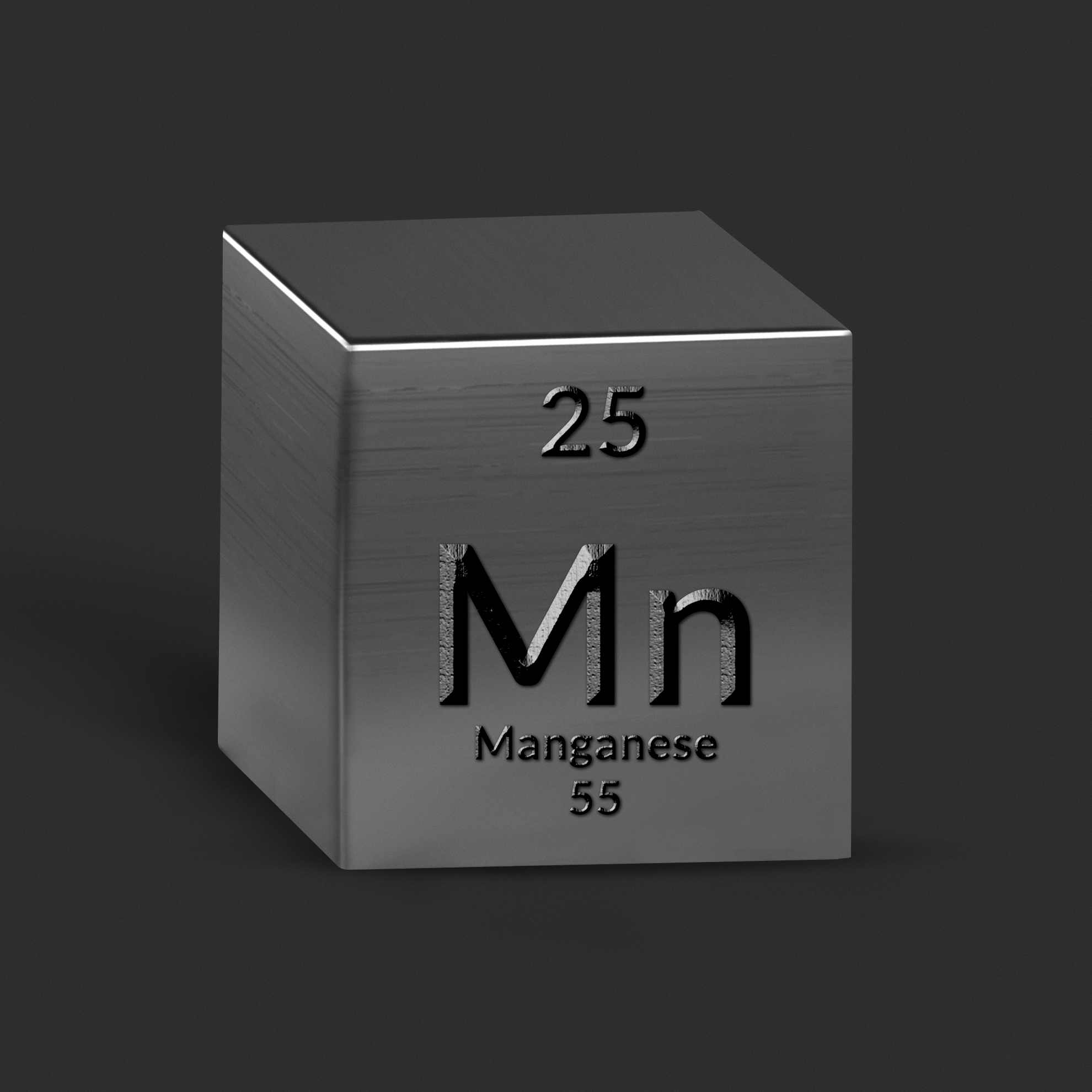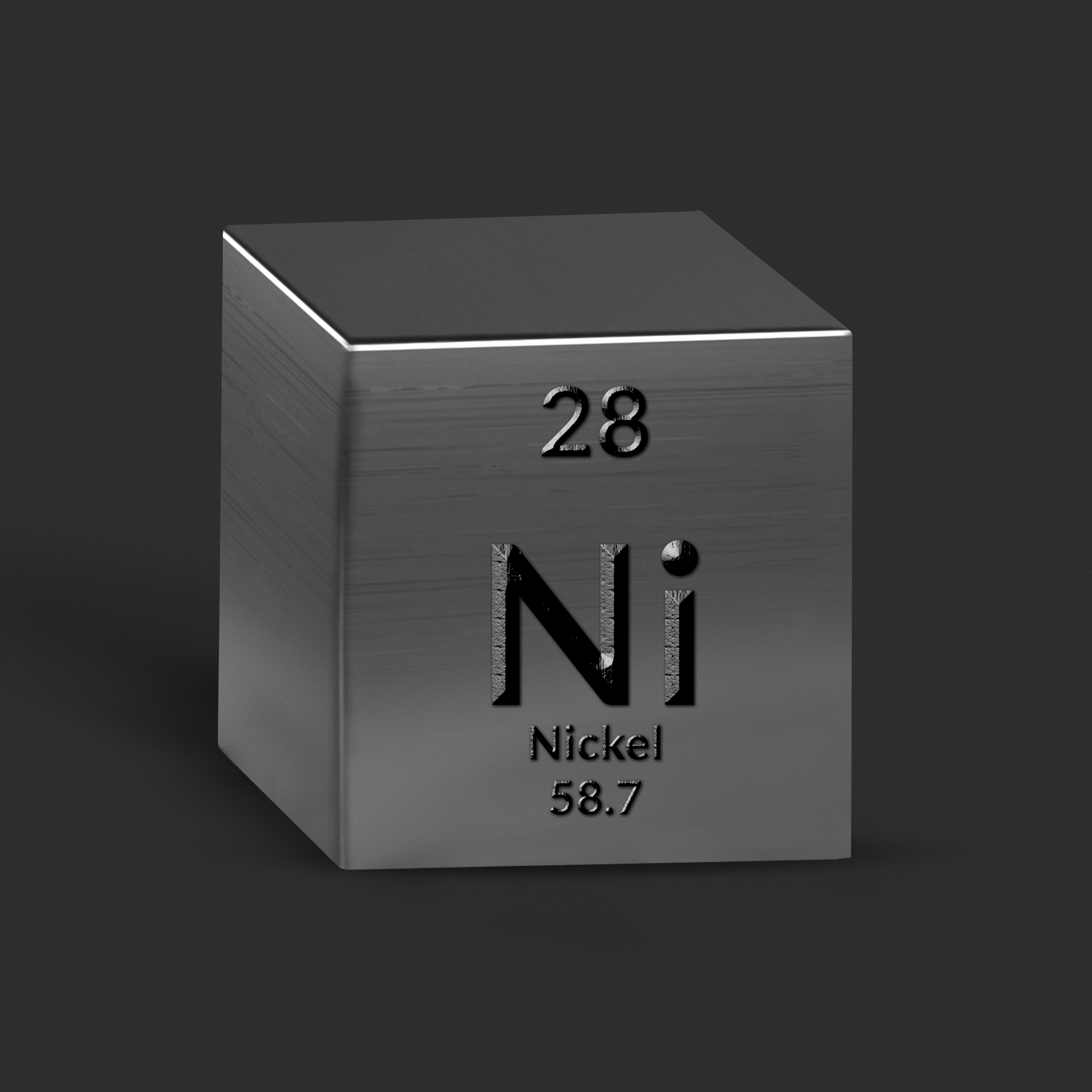Alloying Elements:
Alloying elements are used to alter the mechanical and chemical properties of steel to give them advantages over standard carbon steel and to suit different engineering needs. Metals are rarely used in their pure form. Alloying elements are added to change their properties.
Importance of Alloying Elements in Machining:
It is very common for alloying elements to be added to certain metals to achieve specific characteristics required for an application. The inclusion of particular substances can change many properties ranging from strength to color to thermal conductivity. Doing this can make the fabrication of parts much easier and often improve the lifespan of a product.
Main Alloying Elements:
Chromium [Cr]
Chromium added to carbon steel in percentages usually greater than 11% creates stainless steel. At this percentage and greater, the corrosion resistance of a steel vastly increases, and oxidation of the iron is prevented in many conditions. The iron does not oxidize because the chromium will oxidize first and form a protective layer over the steel. Chromium also helps to improve mechanical properties, even in smaller amounts. It will increase the steel’s strength, hardness, and ability to be heat treated.
Common steels with high amounts of chromium include grades 439, 309, 2205 stainless steels. Grade D2 tool steel also has significant amounts of chromium.

Molybdenum [Mo]
Molybdenum, like chromium, influences the corrosion resistance of steel. Molybdenum can also increase the hardenability, toughness, and tensile strength of steel. It increases the hardenability by lowering the required quench rate during the heat-treating process to make a strong and hard steel. Molybdenum can also reduce the risk of pitting in steel as it improves resistance to chloride induced corrosion. The Pitting Resistance Equivalent, or PRE, is calculated by multiplying the amount of molybdenum, chromium, and nickel by coefficients and then adding the values together.
Common steel grades with high amounts of molybdenum are the “A” group of tool steels, maraging steels such as Grade 250, and many stainless steels.

Vanadium [V]
Vanadium is used to help control the grain size of the steel, keeping it small. The grain size is kept small because the vanadium carbides that form when vanadium is added to a steel block the formation of grains. This blockage prevents the grains from growing to be as large as what they would be without the added vanadium. This finer grain structure helps to increase ductility. In some steels, carbides formed by vanadium can increase the hardness and strength of steel.
Steel alloys with high amounts of vanadium include A3, A9, O1, and D2 tool steels. Blade steels such as M390 and VG 10 also have relatively high amounts of vanadium.

Manganese [Mn]
Manganese is frequently used in steels to help with the heat treating process. When steels are heated and quenched to increase hardness and strength, the quench must be done a fast rate. The faster this rate, the more unstable the process becomes. Manganese allows hardness and strength to increase the same amount but at a slower quench rate. This helps to reduce the risk of defects forming during the heating and quenching process.
Steels with high amounts of manganese include A10, A4, and O2 tool steels. 201 stainless steels also have a relatively high amount of manganese.

Nickel [Ni]
Nickel is used to manufacture austenitic stainless steels because it is an austenite promoter. When amounts of chromium around 18% or greater are used and nickel composition is greater than 8%, austenitic stainless steel is created. This combination is extremely corrosion resistant, and austenitic grades are some of the most widely used stainless steels. Nickel is also used to improve the mechanical properties of steel. It is used to increase toughness and impact strength, even at lower temperatures.
Steels with high amounts of nickel include all the austenitic stainless steels. Alloy steels such as 23XX and 25XX groups also have high amounts of nickel.